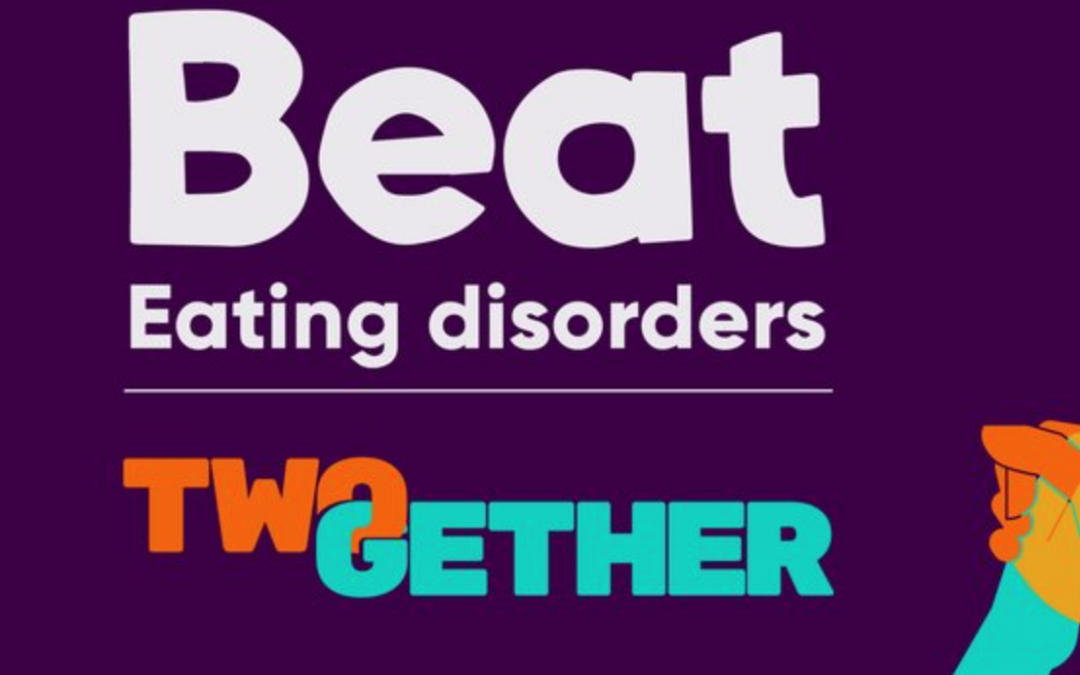Its Eating Disorder Awareness Week and here we look at information for teachers and free resource links.
What is Eating Disorder Awareness Week and why do we need to discuss it in schools?
Eating Disorder Awareness week centres on educating people on spotting the signs of eating issues. Its such a secretive illness, that many sufferers hide symptoms from their loved ones. They may feel ashamed. It is common for individuals to deny any issues when asked as this is part of the problem.This means that many reach a serious stage of illness.
Since the pandemic, when so many young people felt not in control and suffered with their wellbeing, eating disorders have dramatically risen. In addition, the effects of social media means that children are subject to idealised images of body shape. You may be aware that traditionally, it was often images of girls and women on social media had been photoshopped and therefore not realistic. However, this same idealised pressure of body shape is now happening to boys and men. To an unaware teenager, the pressure to have a certain shape is very great so they think more and more about how they look. Therefore, this week is a great opportunity for teachers and TAs to start talking about it in class or assemblies.
Are you aware of some facts about the incidence of eating disorders?
- the most most likely age to have an eating disorder is between 12-25 years old
- more girls than boys suffer with this illness
- 1 in 4 sufferers are men
- 1 in 50 people in the UK have an eating disorder.
Some behaviours
Eating disorders are serious mental illnesses that can affect anyone regardless of their age, gender, ethnicity and background. People with eating disorders use disordered eating behaviour as a way to cope with difficult situations or feelings. Behaviour may include:
- limiting the amount of food eaten
- eating very large quantities of food at once (binge eating),
- getting rid of food eaten through unhealthy means, vomiting, purging, use of laxatives or diuretics
- exercising excessively
- fasting for long periods regularly
- skipping meals
- having a taste of something rather than eating the portion or meal
- obsessively weighing themselves
- breaking food up on a plate without eating it
- hiding food
Resources about eating disorders
Beat are a charitable organisation whose focus is resources and help for sufferers along with education for GPs, carers and teaching staff. Beat aim to increase awareness so that the signs are spotted and no-one faces the illness alone. They have a free online courses available and one especially for teachers, teaching assistants, and senior leadership teams.
SPOT (Schools Professionals Online Training) is for anyone working in a school to help them understand eating disorders and help build confidence when speaking to pupils about mental health.
Click here to learn more about their training for education professionals.
Beat say that “School staff are ideally placed to spot the early signs of an eating disorder and potential factors in an eating disorder’s development. SPOT encompass different ways of learning including interactive e-learning modules, weekly Q&A sessions hosted by clinical advisors and sections where you can find helpful downloadable resources.”
To read about different types of eating disorders click here



